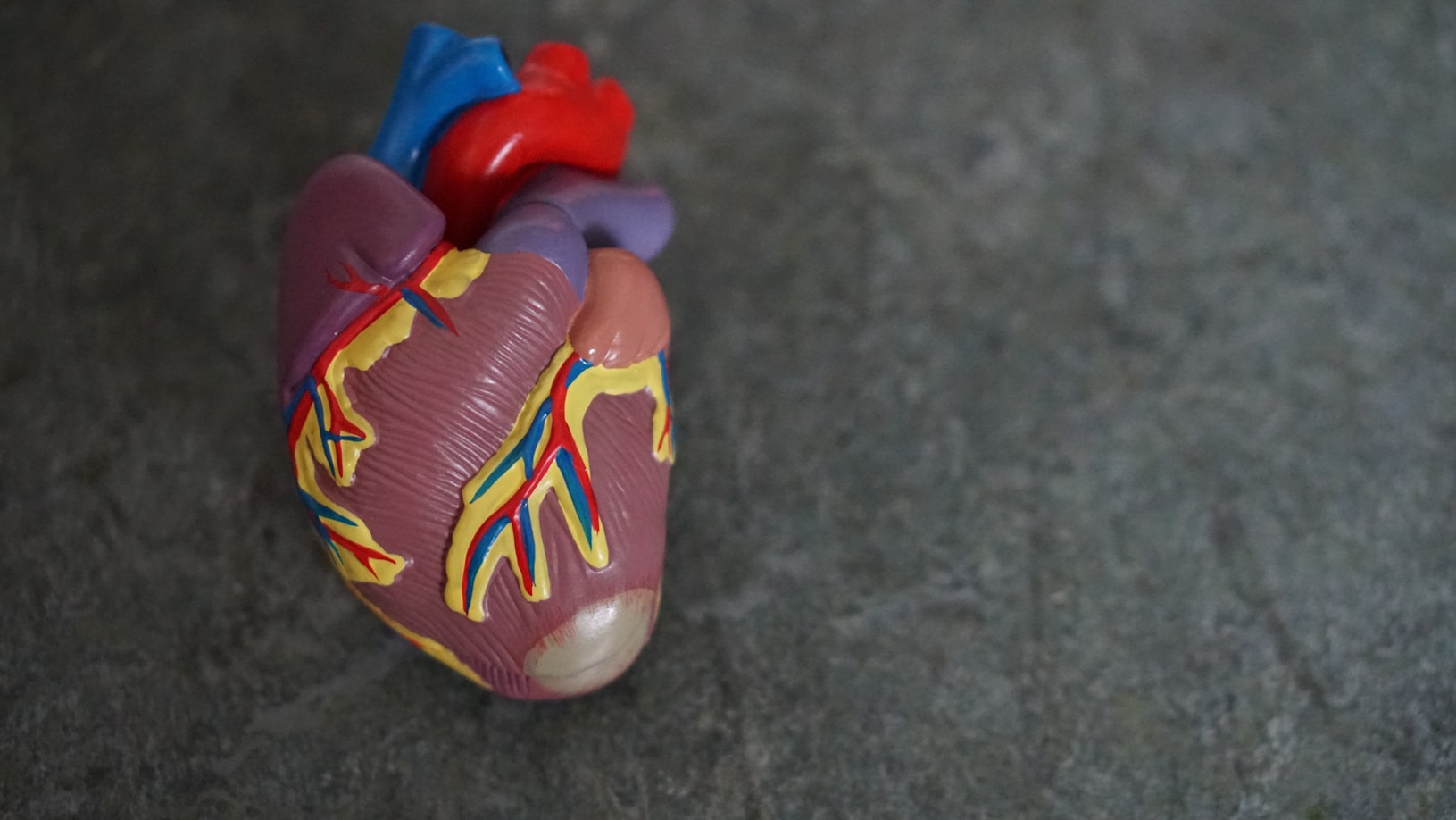Why Can’t I Get Into Ketosis?
Many people turn to the ketogenic diet as a way to lose weight, improve their health, and increase their energy levels. However, some individuals may find it challenging to achieve and maintain a state of ketosis, where the body burns fat for fuel instead of carbohydrates. In this article, we will explore the reasons why some people struggle to get into ketosis and provide valuable insights to help you overcome these obstacles.
1. Consuming Too Many Carbohydrates
One of the primary reasons why individuals fail to enter ketosis is consuming too many carbohydrates. The ketogenic diet requires a significant reduction in carbohydrate intake to force the body to switch to burning fat for energy. While the exact carbohydrate limit varies from person to person, most individuals need to restrict their carbohydrate intake to around 20-50 grams per day to achieve ketosis.
To ensure you are not consuming too many carbohydrates, it is essential to track your macronutrient intake diligently. Use a food diary or a mobile app to record your meals and calculate the amount of carbohydrates you are consuming. Be mindful of hidden sources of carbohydrates, such as sauces, dressings, and processed foods.
2. Consuming Too Much Protein
While protein is an essential macronutrient, consuming excessive amounts can hinder your ability to enter ketosis. When consumed in excess, protein can be converted into glucose through a process called gluconeogenesis, which can raise blood sugar levels and inhibit ketosis.
It is crucial to find the right balance of protein intake on the ketogenic diet. Aim for moderate protein consumption, typically around 0.6-1 gram of protein per pound of lean body mass. Adjust your protein intake based on your activity level and individual needs.
3. Not Consuming Enough Healthy Fats
The ketogenic diet relies heavily on healthy fats as the primary source of energy. If you are not consuming enough fats, your body may not have the necessary fuel to enter ketosis. Incorporate healthy fats into your meals, such as avocados, nuts and seeds, olive oil, coconut oil, and fatty fish.
It is important to note that not all fats are created equal. Avoid unhealthy fats, such as trans fats and highly processed vegetable oils, as they can have detrimental effects on your health.
4. Inadequate Caloric Deficit
Creating a caloric deficit is crucial for weight loss and entering ketosis. If you are consuming too many calories, even if they are from the right macronutrients, your body may not burn stored fat for fuel.
Calculate your daily caloric needs based on your goals and activity level. Aim for a moderate caloric deficit of around 500-1000 calories per day to promote weight loss and increase your chances of entering ketosis.
5. Lack of Patience and Consistency
Entering ketosis is not an overnight process. It requires patience and consistency. Some individuals may expect immediate results and become discouraged when they do not see immediate changes.
Stick to the ketogenic diet for at least a few weeks before evaluating its effectiveness. It takes time for your body to adapt to using fat as its primary fuel source. Stay consistent with your macronutrient ratios, track your progress, and make adjustments as needed.
6. Underlying Medical Conditions
In some cases, underlying medical conditions may hinder your ability to enter ketosis. Conditions such as insulin resistance, thyroid disorders, and certain medications can affect your body’s ability to burn fat for fuel.
If you have been following the ketogenic diet diligently and have not achieved ketosis, it may be beneficial to consult with a healthcare professional. They can help identify any underlying medical conditions that may be impeding your progress and provide appropriate guidance.
Frequently Asked Questions (FAQ)
1. Can I consume artificial sweeteners on the ketogenic diet?
While artificial sweeteners may not directly impact ketosis, they can still have negative effects on your health and weight loss goals. Some studies suggest that artificial sweeteners can increase cravings for sweet foods and disrupt gut bacteria, potentially hindering weight loss efforts. It is best to limit or avoid artificial sweeteners altogether.
2. Can I drink alcohol while on the ketogenic diet?
Alcohol can disrupt ketosis as it is metabolized similarly to carbohydrates in the body. When consumed, alcohol takes precedence over fat metabolism, potentially slowing down or halting ketosis. Additionally, alcoholic beverages often contain carbohydrates, which can further hinder ketosis. If you choose to drink alcohol, opt for low-carb options and consume in moderation.
3. Can I exercise while on the ketogenic diet?
Exercise can be beneficial while following the ketogenic diet. It can help improve insulin sensitivity, promote weight loss, and enhance overall health. However, during the initial stages of transitioning into ketosis, you may experience a decrease in energy levels. It is important to listen to your body and adjust your exercise intensity accordingly. As your body adapts to using fat for fuel, your energy levels should improve.
4. Can I follow a vegetarian or vegan ketogenic diet?
While it may be more challenging, it is possible to follow a vegetarian or vegan ketogenic diet. Plant-based sources of healthy fats, such as avocados, coconut oil, nuts, and seeds, can be incorporated into meals. However, it may require careful planning and consideration to ensure you are meeting your nutritional needs and maintaining ketosis.
5. Can I consume dairy products on the ketogenic diet?
Dairy products can be included in the ketogenic diet, but it is important to choose high-quality, full-fat options. Some individuals may be sensitive to lactose or casein, which can hinder their progress. If you experience any digestive issues or stalls in weight loss, consider eliminating or reducing dairy consumption to see if it makes a difference.
6. Can I use exogenous ketones to get into ketosis?
Exogenous ketones are supplements that provide a source of ketones from outside the body. While they can temporarily increase blood ketone levels, they do not guarantee or accelerate the process of entering ketosis. It is best to focus on following a well-formulated ketogenic diet and allowing your body to naturally produce ketones.
Summary
Entering and maintaining a state of ketosis can be a transformative experience for many individuals. By understanding the common obstacles that may hinder your progress, such as consuming too many carbohydrates, excessive protein intake, inadequate fat consumption, lack of a caloric deficit, impatience, and underlying medical conditions, you can make the necessary adjustments to achieve your goals.
Remember to track your macronutrient intake, be patient with your body’s adaptation process,





